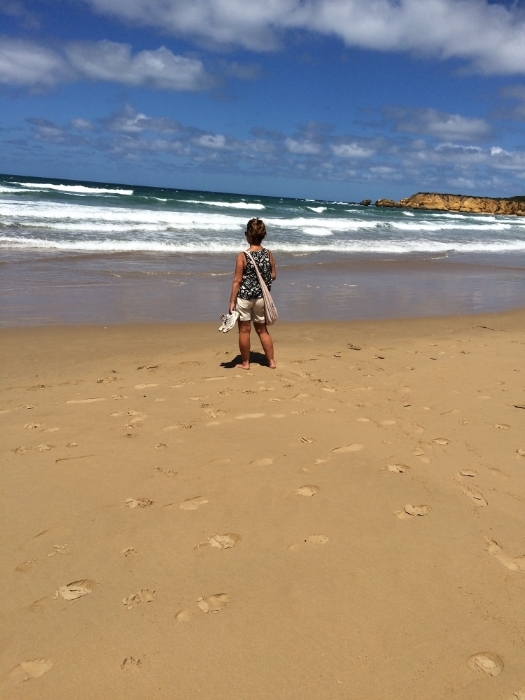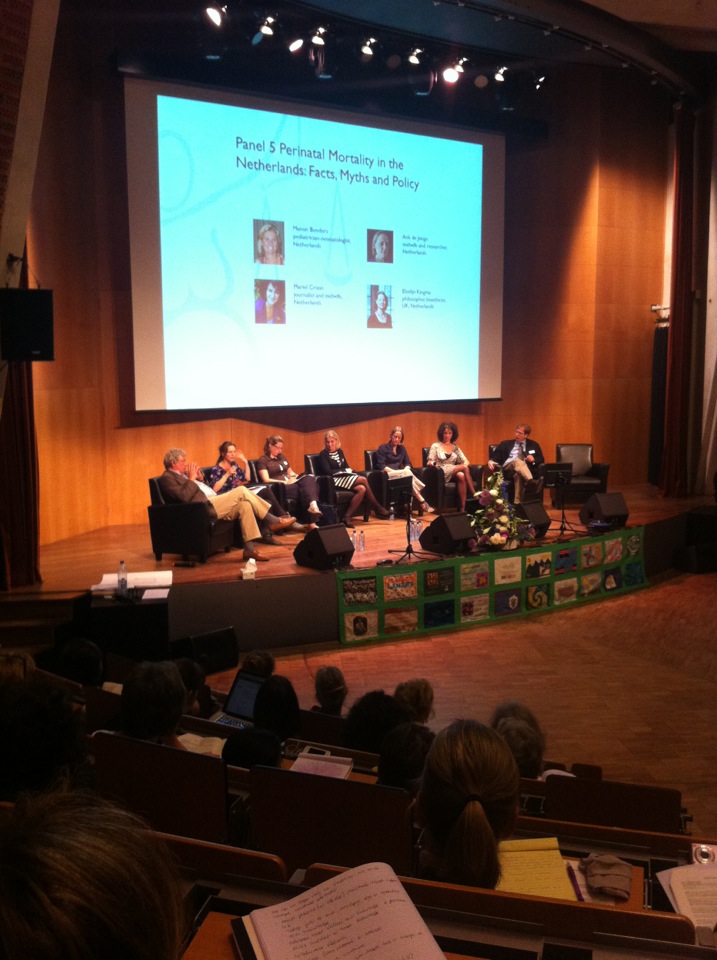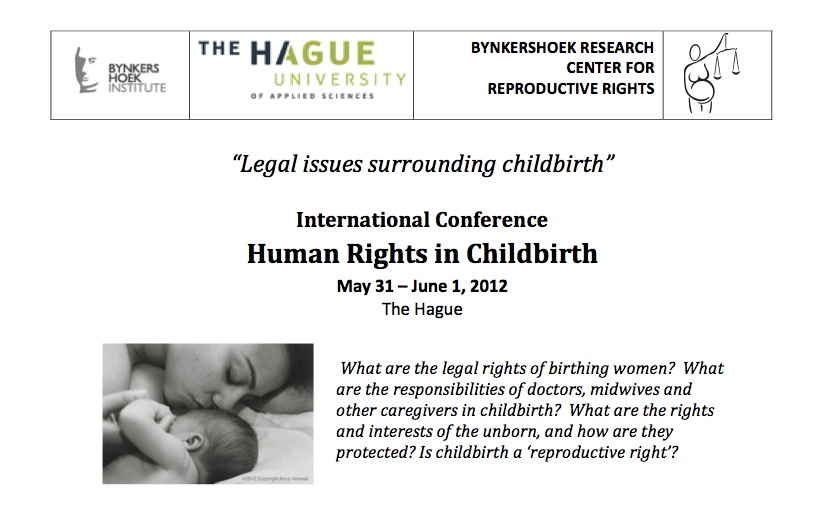Part of the tipping point: a time to ROAR
/What a month February 2015 has been so far. We are in Australia on an extended holiday, and as well as enjoying the positive culture and bright skies, I’ve been lucky enough to be part of so many inspiring maternity related conversations, twitter chats, initiatives and book publications. The ‘Tipping Point’ in maternity services, that I often talk about, is ever closer.
From the other side of the world I am excited and encouraged to see the connection of so many like-minded individuals in the UK, ‘meeting’ on Twitter, helping to improve the maternity experience for women and families in England. Initiated by the wonderful Kath Evans, head of patient experience for NHS England, Gill Phillips, founder of 'Whose Shoes' is working closely with midwives, obstetricians, policy makers, parent organisations, academics and most importantly those using maternity services, to find out what really makes a difference to those using maternity services. Florence Wilcock, #FabObs obstetrician and divisional director at Kingston Hospitals in London, and a member of the London Maternity Strategic Clinical Leadership Group, is helping to lead this much needed initiative. You can read about, follow, and get involved on Twitter here #MatExp. The project is gaining momentum and beginning to influence services in London, and the fact that social media is being used to spread the word, to engage and to influence is adding to the success. It means the potential for exclusion is reduced, and collaboration increased. I can’t wait to get involved in person when I return to England.
I’ve also been privileged to review two fabulous books. The first is Milli Hill’s inspiring book 'Waterbirth: stories to inspire and inform' which is a collection of personal accounts of waterbirth, by mothers, fathers, siblings and maternity care workers and you can read my thoughts about the book here.
I finished reading the review copy of Rebecca Schiller’s new book ‘All That Matters: Women’s Rights in Childbirth’ yesterday, and I was rocked. This superbly crafted and revealing book, written for the Guardian, is a ‘must-read’ for all those providing maternity care, and if we really aim to tip the balance, policy makers, parents to be, teenagers, in fact each member of society would do well to read and act on Rebecca’s words. Rebecca is a mother of two young children, a writer, doula and birth activist, and she begins by making it clear that her book is about women, yet acknowledges those who support her during childbirth. She also clarifies early on that her book, whilst highlighting many appalling situations around the world, suggests that the problems are usually systemic and cultural, and not the fault of individual practitioners.
As well as detailing the horrors of reality that women experience in several countries, All That Matters is full of insightful conclusions, which gave me assurance that Rebecca really understands personally and politically, what is happening around childbirth practices globally, and what needs to be done. There are examples of excellence too, where organisations and countries have responded to potentially damaging reproductive care practices and are providing positive approaches to supporting women around conception, pregnancy and childbirth. Connecting ‘childbirth’ as a reflection of societal attitudes, and feminism, really resonated with me…
'As a mirror to society, childbirth, the attitudes to it, practices around it and experiences of women going through it, reflect the progress that has been made in advancing women’s rights'
I could carry on here explaining why you should buy and read All That Matters. I could fill two pages or more. However Maddie Mahon, doula extraordinaire, has written an excellent review of the book here, which represents my opinion and reflections too. Rebecca Schiller’s book is more than timely. It is being released just shortly before our book, The Roar Behind the Silence: why kindness, compassion and respect matter in maternity care.
This is incredible, as collectively these books hold the potential to inform and influence the ‘tipping point’ by adding to the evidence already available that improving maternity care and respecting women’s rights enhances societal wellbeing.
And finally, I want to share this beautiful photograph of Claire having skin to skin with her newborn baby, and her midwife, Lynda Drummond. I worked with Lynda many years ago, and also supported her after a traumatic birth experience. I saw this photo on Facebook, and contacted Claire to ask if I could use it. This is what Claire said:
‘I'm so glad you like this photo, I really do. Through each of my 3 births my midwife has seemed like my angel and I'll never forget the roles that they each played. Although Lynda was at my 3rd birth as a friend to me, she was the one who helped me get the birth I had always wanted, having her there gave me the confidence I needed to believe I could do it, she had me laughing and dancing throughout the labour, she managed to persuade the midwives on duty that I could go in the pool even though my first birth was an emergency section . This photo to me sums up how utterly amazing she is, gentle, caring, supporting, angelic. I hope she knows it.
I've also included a photo of me at 7cm dilated, the big cheesy grin is totally drug free and totally genuine. All down to Ina May and Lynda Drummond......... oh and the cheesy radio station playing Valentines day songs, I think Rod Stuart ‘If you think I'm sexy’ had just been on!’
Claire Riding
With our book in mind, I look at Claire’s birth photo and description of her midwife, and I sense the Roar Behind the Silence.






 Attending the second day of the
Attending the second day of the 

